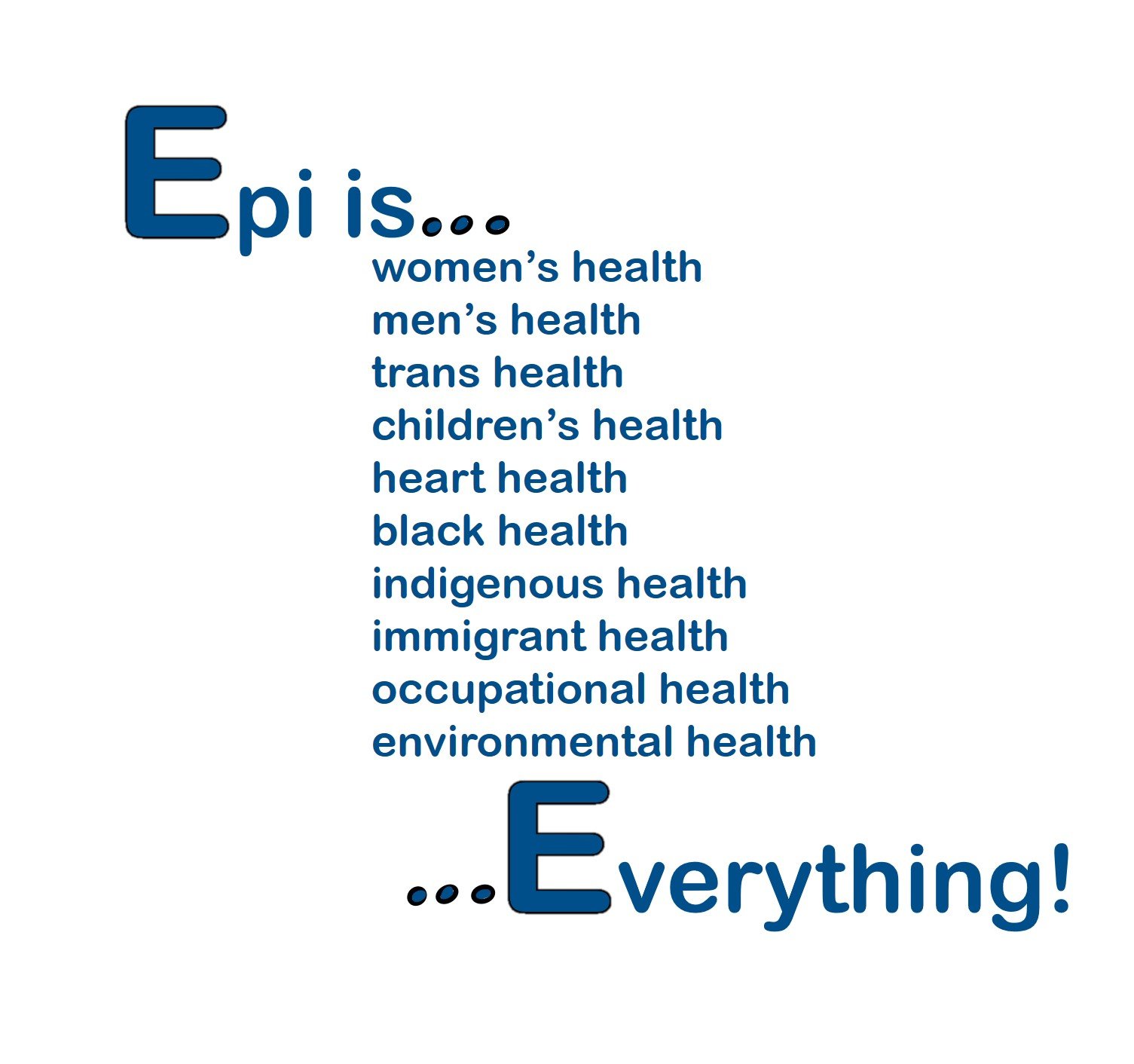Causal Inference Methods
Research on improved methods for estimating causal effects for clinical and public health decision-making. To learn more about this research, click here: <link>
Descriptive Epidemiology Methods
Research and best practices for applying causal inference methods to scientific research. Read more here: <link>
COVID-19
Research on COVID-19 for individual, clinical, and public health decision-making. To learn more about this research, click here: <link>
Chronic Diseases
Applied research on chronic diseases including musculoskeletal disorders, cardiovascular disease, cancer, reproductive health, and psychiatric conditions. To learn more about this research, click here: <link>
HIV /AIDS
Applied research on HIV/AIDS. Focus populations include pregnant people with HIV/AIDS, and children and young adults living with perinatal HIV-infection.
Other Infectious Diseases
Applied research on infectious diseases including tuberculosis, and influenza. To learn more about this research, click here: <link>
Translational Methodology
Research and best practices for applying causal inference methods to scientific research. Read more here: <link>
Public Health Literacy
Research on defining the key components of public health literacy, measuring public health literacy levels, and developing educational materials to improve public health literacy. Read more here: <link>
History of Epidemiology
Revisiting historic epidemiologic research and early epidemiologists. Includes tutorials, re-analyses with new methods, and historical research. Read more here: <link>
Occupational Health & Safety
Applied research on occupational health and safety, including occupational mental health, infection control, and emergency response planning. Read more here: <link>
Public Health Literacy
“The infectious nature of a virus means that a tiny bad decision can cause exponential harm, but also that a tiny wise decision can do exponential good.”
— Ed Yong, The Atlantic










